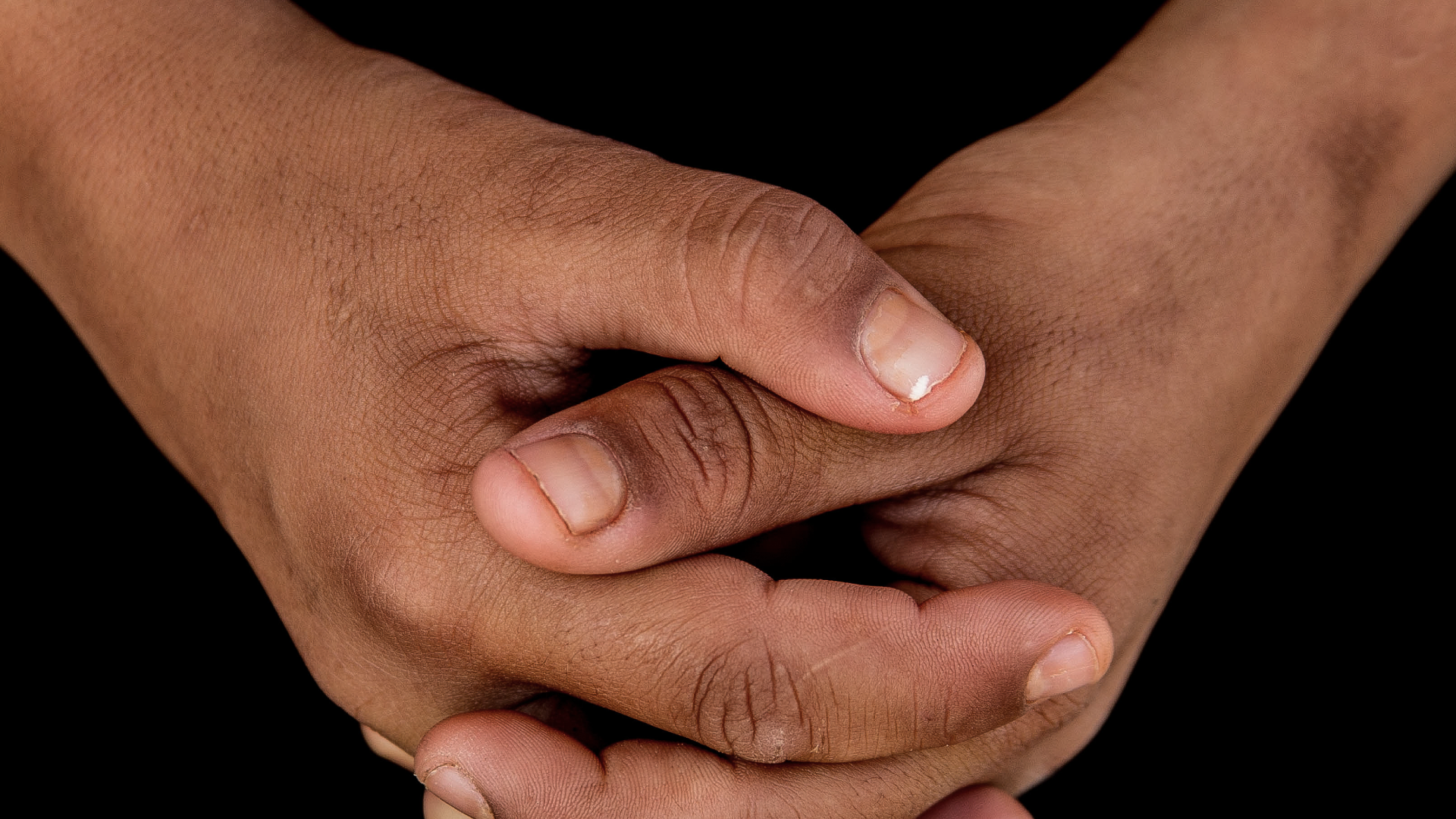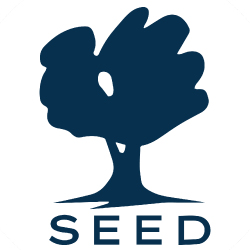
International Day for the Elimination of Sexual Violence in Conflict
In a Highly Digitized World, We Must Prioritize Equal Access to Digital Spaces and Build Digital Literacy to Prevent the Misuse and Weaponization of the Internet in Conflict
Erbil, Iraq – June 19, 2023: On the occasion of the International Day for the Elimination of Sexual Violence in Conflict, we are reminded of the increasing role that information and communications technology can play in conflict, as well as the ways in which it can and has been abused to foster sexual violence and facilitate sexual exploitation. Online violence and abuse can move offline, leading, in the most extreme cases, to unspeakable terror and death.
Conflict-related sexual violence (CRSV) is an exceptionally brutal form of gender-based violence (GBV) – inclusive of rape, sexual slavery, forced impregnantion or sterilization, and other related violations – which may be leveraged in conflict to punish, humiliate, inflict terror, and degrade the social fabric of families and communities. CRSV is often perpetrated against at-risk populations with intersecting vulnerabilities, and disproportionately affects women, girls, and minorities. CRSV can constitute a war crime, a crime against humanity, and an act of genocide. It destroys lives.
While conflict and CRSV have long been endemic in Iraq, the ISIS conflict is one of the most public, recent, and widely known examples of sexual violence being deployed as a tool of genocide and cultural erasure. Much of this real-world violence was initiated and enabled online, in the digital sphere. As ISIS gained power and influence, leaders and adherents used social media to spread hateful and dehumanizing rhetoric, incite violence, mobilize, and recruit. In 2014, as part of its genocidal campaign against Yezidis and other minority groups, ISIS exploited digital platforms to trade and traffic women and girls, resulting in grave sexual violence that included enslavement, rape, and torture. Thousands of women were abducted and subjected to extreme brutality. This violence, facilitated online, has introduced compounding vulnerabilities for those who survived the genocide but remain in protracted displacement nearly nine years later, without access to critically needed resources and at increased risk of exploitation and abuse.
After years of mobilization, led by survivors in Iraq and abroad, the Yezidi Survivors’ Law (YSL) was passed in March 2021. This law provides a rare example of deliberate legislative action to provide reparations for survivors of CRSV, a chronically under-reported and under-prosecuted subset of conflict crimes. It promises a number of accountability and reparation measures, both material and symbolic, for survivors from the Yezidi, Christian, Turkmen, and Shabak communities. As the rights and needs of survivors of CRSV are often neglected in the aftermath of conflict, passing this legislation established Iraqi lawmakers as leaders in prioritizing women’s needs and providing redress and remedy for survivors.
One of the stated goals of the YSL is to prevent a recurrence of these atrocities and violations. However, in order to build comprehensive strategies to prevent CRSV in the future, it is imperative that we acknowledge the mechanisms used to facilitate CRSV in Iraq and address the threat of technology-facilitated GBV (TFGBV). In Iraq, where there is an estimated 50% difference between men and women’s internet usage1, we can work to make the internet safer for women and other vulnerable groups by equalizing access to digital spaces, building digital literacy, and ensuring effective complaints mechanisms and content moderation.
On this day, SEED reaffirms its commitment to serving survivors of CRSV and calls upon all actors partnering in this effort to stand against the weaponization of technology, which pave the way for gendered human rights violations in conflict. Let’s work together to bridge these deficits, prevent CRSV, and bring hope to survivors all over the world.
-ENDS-
SEED Foundation is a local NGO in the Kurdistan Region of Iraq, committed to protecting, empowering, and supporting the recovery of survivors of violence and others at risk. Our approach to this mission is integrative and holistic. We provide quality and comprehensive services, including mental health and psychosocial support (MHPSS), legal, protection, and shelter services; training, capacity building, and education for those working to protect and serve survivors; and policy and advocacy to strengthen laws, policies, practices, and protections for vulnerable people, and to promote social change.
For more information, please contact: media@seedkurdistan.org
1 Woodrow Wilson International Center for Scholars, 2020
